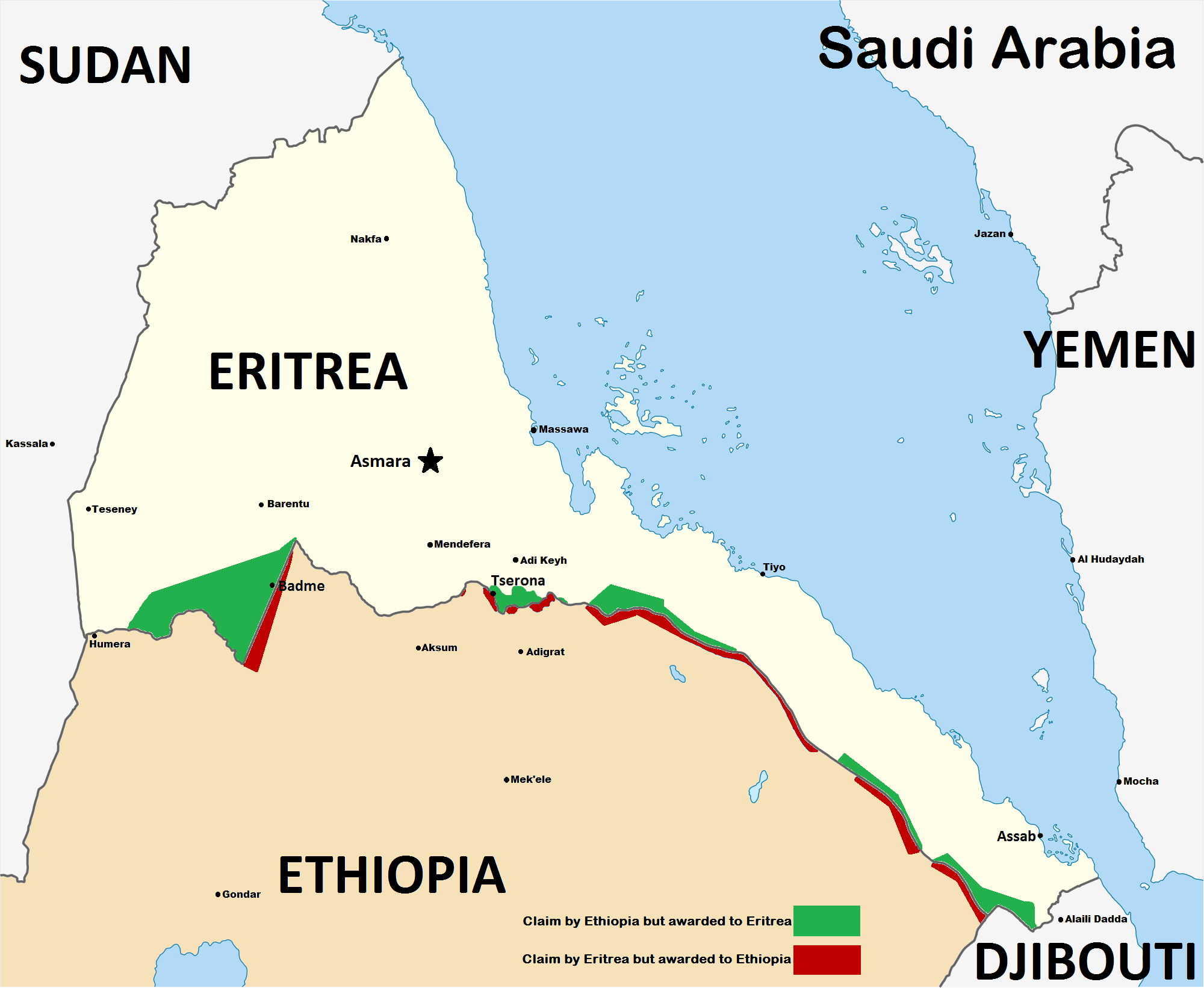Photo credit: Wikimedia Commons
Context:
Last week, thousands of Ethiopians placed phone calls they had dreamt of making for two decades. Following the end of the 20 year war between Ethiopia to Eritrea, phone lines have been restored allowing family members separated by the conflict to speak once again. Peace Science shows that access to phones decreases the occurrence of violent conflict.
In the News:
“More than 70,000 Ethiopian citizens of Eritrean origin were wrenched from their families, put on buses and trucks bound for Eritrea – and given travel papers marked “Expelled-Never to Return”. A peace deal finally forged in the past two days brought relations out of the deep freeze, and prompted the phone lines across the border to be reconnected.”
“The historic reconciliation could transform politics and security in the volatile Horn region, which hundreds of thousands of young people have fled in recent years in search of safety and opportunities in Europe.”
Insight from Peace Science:
- Violent conflict is much more common in areas with low-tech communication capabilities (characterized by fewer than 34 landlines per 100 people).
- The introduction of mobile phones benefit groups organizing in areas with middle to high standards of living.
- Access to mobile phones provide measurable assistance to organize for violence in groups under 600,000 people.
- Technology-based programs, as simple as phones or text message reporting, have been proven to aid in conflict monitoring and prevention.
- The costs required to collect conflict data via tech-enabled crowd seeding projects is significantly less than traditional methods of information gathering.
- Development aid provided through crowd seeding projects reduce the occurrence of violent conflict.
References:
- “Families speak after 20 years as Ethiopia restores phones to Eritrea” By Aaron Maasho for Reuters. July 10, 2018.
- Peace Science Digest Volume 1, Issue 1; 4: “Cell Phones and Violent Conflict”; “Using Cell Phones to Prevent Violence”

